
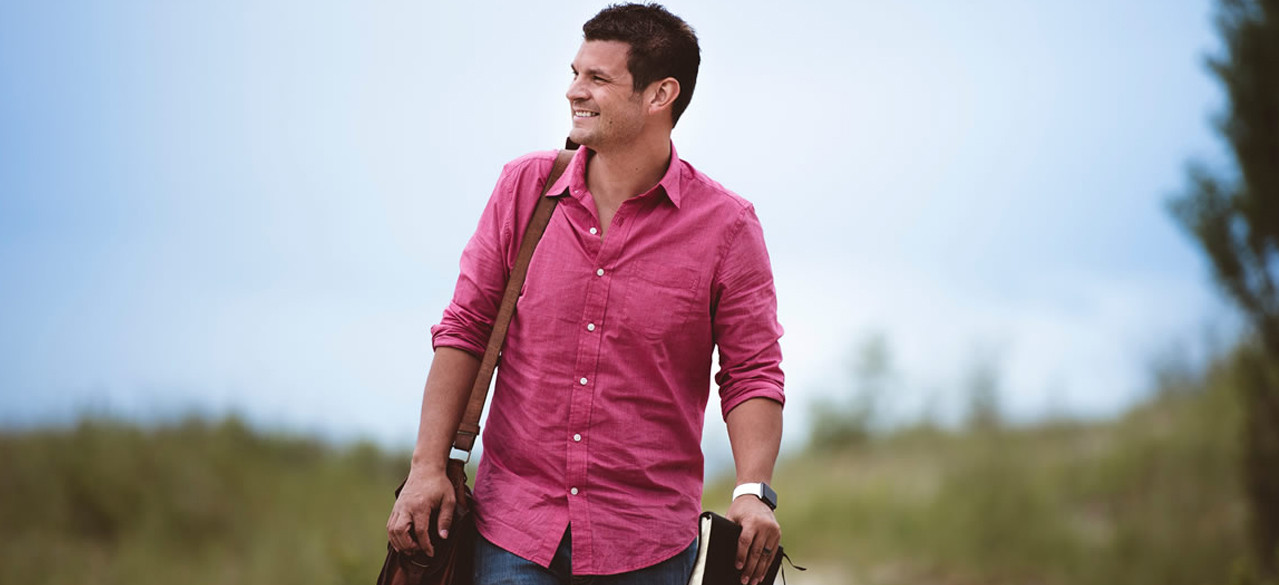
Don't Bring These Items on Your Trip When Travelling
01 May 2018 by Olga Brighton
Updated June 2021
It's no surprise for any traveller that some items are prohibited from either your checked-in or carry-on luggage. The first things that come to mind are usually flammable solids and liquids, firearms, sharp objects, poisons or corrosives. There are countries where you can't take such personal items as hairspray, deodorant, perfume or nail polish. But did you know you are prohibited from taking chewing gum to Singapore?
Find out more about the common and prohibited items you can't take with you abroad to some locations.
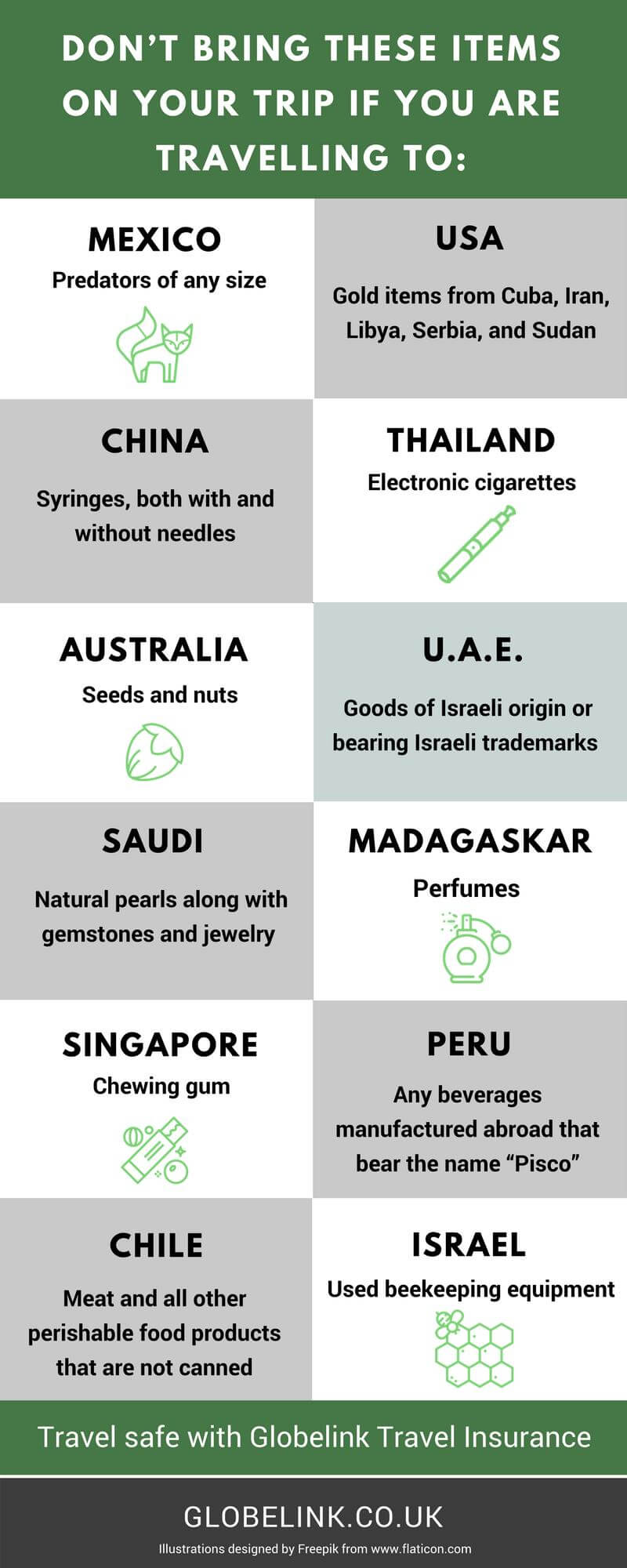
List of common items/products you can't bring
These items are prohibited from luggage in most countries:
- Fruits and vegetables
- Meat and dairy products
- Narcotics and illegal drugs
- Weapons
- Soil
- Explosives
- Pornographic materials
Items prohibited in certain countries
USA
- The distilled spirit absinthe (except certain diluted brands)
- Cultural artifacts without a permit
- Anything made with dog or cat fur (sometimes a problem with fur purchased in China)
- Drug paraphernalia
- Firearms without a permit
- Endangered animals or items made from such species, including ivory (unless you can prove it's at least 100 years old)
- Most foodstuffs containing meat or meat products (such as chicken broth)
- Most fruits and vegetables
- Hunting trophies, unless certain guidelines are followed
- Gold items from Cuba, Iran, Libya, Serbia, and Sudan
- Narcotics and certain other drugs such as Rohypnol and Fen-Phen
- Products from embargoed countries including Cuba, Iran, North Korea, Myanmar, Sudan, and Syria
- Plants, seeds, and soil without a permit
- Trademark and copyright-infringing articles such as designer knockoffs and pirated software
Canada
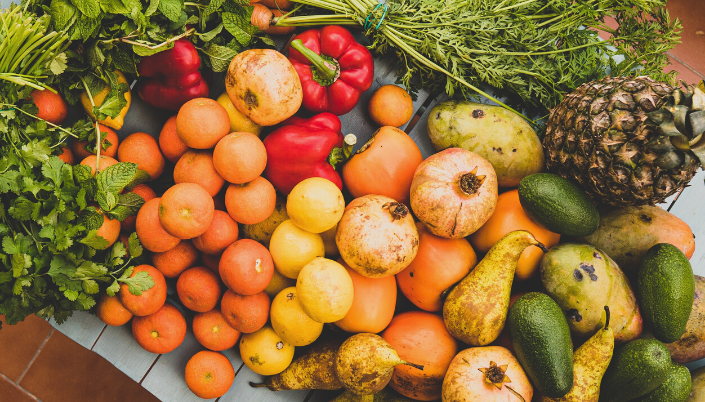
- Food: Fresh fruits and vegetables, animal and fish products. Since you will declare these items at Canadian customs (i.e., you will tell Canadian customs that you have these items), customs agents will determine what is safe to bring in and what is not. Generally, no fresh fruits, vegetables, or fresh/uncooked animal products (meat, fish) will be allowed in.
- Live bait (e.g., for fishing)
- Weapons: Guns and firearms, ammunition, fireworks, and mace and pepper spray are not allowed.
- Illegal Drugs & Marijuana: Even if you have a prescription for medical marijuana (either in the U.S. or Canada or another country), you cannot bring marijuana into Canada. And even though marijuana is legal in Washington State (across the U.S. / Canada border from Vancouver), you cannot bring marijuana from Washington into Canada. In simple terms: you can't cross into or out of Canada with marijuana (or any other illegal drug).
Source: Tripsavvy.com
Mexico
- Narcotics
- Live fish
- Predators of any size
- Images representing childhood in a degrading or ridiculous way, and incitement to violence
- Used clothes that are not part of your personal luggage
- Firearms and ammunitions.
Source: Export.gov
China
- Rhino horns
- Any opiates
- Syringes, both with and without needles
- Needles of any description
- Stethoscopes
- Videogames
- Games operated by coins
- Refrigerators
- Videotape recorders
- Digital cameras
- Wired phones
- Television sets
Source: Parcelcompare.com
Australia
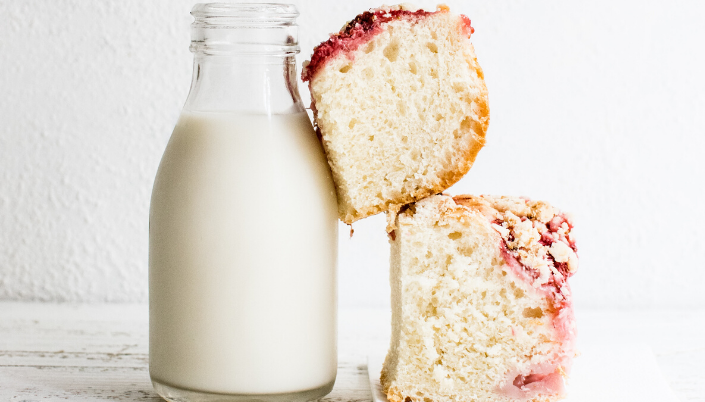
- Dairy and egg products
- Uncanned meat products
- Live animals
- Fresh fruit or vegetables
- Seeds and nut
- Live plants
South Africa
- Narcotic and habit-forming drugs in any form.
- Fully automatic, military and unnumbered weapons, explosives and fireworks.
- Poison and other toxic substances.
- Cigarettes with a mass of more than 2 kilograms per 1,000.
- Goods to which a trade description or trademark is applied in contravention of any Act (for example, counterfeit goods).
- Unlawful reproductions of any works subject to copyright.
- Prison-made and penitentiary-made goods.
Source: Export.gov
U.A.E.
- All kinds of narcotic drugs (hashish, cocaine, heroin, poppy seeds, hallucination pills, etc..).
- Goods intended to be imported from boycotted countries.
- Goods from Israeli origin or bearing Israeli trademarks or logos
- Crude Ivory and Rhinoceros horn.
- Gambling tools and machineries.
- Three layers fishing nets.
- Original engravings, prints, lithographs, sculpture and statues in any material.
- Used, reconditioned and inlaid tires.
- Radiation polluted substances.
- Printed publications, oil paintings, photographs, pictures, cards, books, magazines stony sculptures and mannequins which contradict Islamic teachings, decencies, or deliberately implying immorality or turmoil.
- Any other goods, the importation of which is prohibited under the authority of U.A.E. customs laws or any other laws in the country.
- Forged and duplicate currency.
- Cooked and home-made foods.
Japan
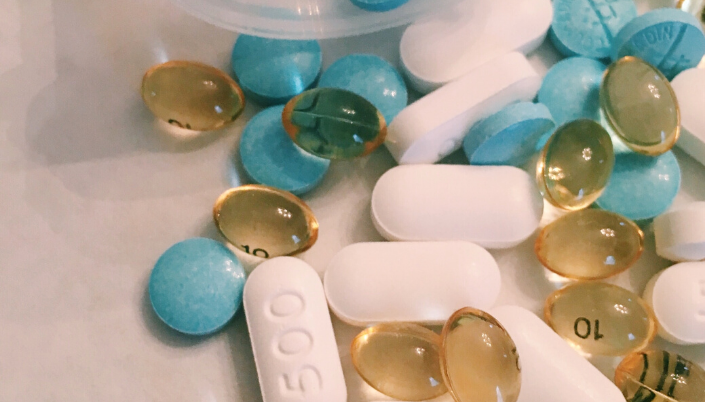
- Heroin, cocaine, MDMA, opium, cannabis, stimulants, psychotropic substances, and other narcotic drugs (excluding those designated by Ministry of Health, Labour and Welfare Ordinance);
- Firearms (pistols, etc.), ammunition (bullets) thereof, and pistol parts;
- Explosives (dynamite, gunpowder, etc.) ;
- Precursor materials for chemical weapons;
- Germs which are likely to be used for bio-terrorism;
- Counterfeit, altered, or imitation coins, paper money, bank notes, or securities, and forged credit cards;
- Books, drawings, carvings, and any other article which may harm public safety or morals (obscene or immoral materials, e.g., pornography);
- Child pornography; and
- Articles which infringe upon intellectual property rights.
Source: Customs.go.jp
South Korea
- Bearer Documents
- Dehydroepiandrosterone (DHEA) Hormone Drug
- Graphite Products
- Ice, wet
- Liquids, haz
- Poisons
- Pornography
- Soil
- Stamps or seals to be affixed on a contract or application for banking
Source: Crossborder.fedex.com
Read also: 4 Must-Have Travel Essentials to Take on Any Trip
Saudi Arabia
- Alcoholic drinks
- Alcohol-containing items, flavoring extracts, cooking wines, liquor, items containing liquor
- Wine making kits, alcohol distilling equipment, books on manufacturing of such drinks or any foods with alcohol as ingredient such as vanilla extract.
- Narcotics
- Medicines WITHOUT prescription for personal use are prohibited and subject to possible confiscation) All kinds of medicines including injections for diabetic patients are allowed as long as they are accompanied by doctor’s prescription and is to be for personal use only
- Dangerous and hazardous chemicals
- Natural pearls (cultured pearls allowed in small quantity)
- Radio transmitter/communication equipment (including walkie-talkies, short-wave, VHF, marine, police band equipment, etc.)
- Binoculars, night-vision equipment or telescopic equipment, drones
- Products containing pork
- Products containing frog meat
- All types of statues or objects of human or animal form which might be used for religious purposes such as Buddha figurines, religious carvings, altars etc. *Does not include kids toys such as stuffed animals, dolls.
- Games of gambling (chess, dice, backgammon, poker chips, roulette etc.)
- All weapons and firearms (real or ornamental), including guns, ammunition, explosives, fireworks, spears and other edged weapons, etc. (owner subject to investigation, fines, and/or imprisonment)
- All pornographic material such as books, DVD’s, magazines etc. *Women’s Fashion magazines with images of models in revealing clothing might be confiscated.
- Politically sensitive material
- Articles and books contrary to Muslim or Saudi Arabian beliefs or morality will not be allowed into the country
- Christmas trees, crosses, crucifixes, stars of David or any other items associated with religions other than the Muslim faith. *Bibles are allowed for personal use only, i.e. one Bible per person.
- Military uniforms or equipment of any kind
- Taxidermy, ivory, fur
- Gemstones, jewelry
- Israeli Shekel
- Currency over value of 60,000 SAR needs to be declared
Source: Blueabaya.com
Singapore
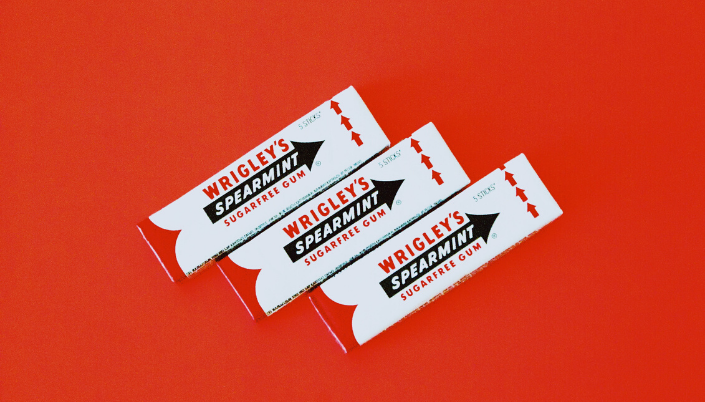
- Chewing gum
- Cigarette lighters - pistol/revolver shaped
- Fire crackers
- Rhinoceros horn, worked, unworked or prepared and worked and powder of this product
- Endangered species of wildlife and their by-products
- Prohibited telecommunication equipment
- Chewing tobacco (Loose leaf chewing tobacco, plug chewing tobacco, twist chewing tobacco, tobacco bits intended for chewing)
- Imitation tobacco products (electronic cigarettes, vaporisers) and components of imitation tobacco products
- Shisha
- Smokeless cigars, smokeless cigarillos or smokeless cigarettes
- Dissolvable tobacco or nicotine
- Any product containing nicotine or tobacco that may be used topically for application, by implant or injected into any parts of the body
- Any solution or substance, of which tobacco or nicotine is a constituent, that is intended to be used with an electronic nicotine delivery system or vaporizers
- Nasal snuff
- Oral snuff
- Gutkha, khaini and zarda
Source: Customs.gov.sg
Peru
- Used clothing and footwear not considered part of your baggage
- Used spare parts
- Any beverages manufactured abroad that bear the name 'Pisco'
Source: Newperuvian.com
Read also: Don't Take These on an Adventure Trip
Chile
Narcotics and illegal drugs (prescription medications must include proof of prescription)
- Weapons and firearms that are not used for sporting purposes are prohibited without a permit
- Pornographic materials
- Meat and all other perishable food products that are not canned
Source: Movers.com
Israel
- Narcotics and illegal drugs
- Pornography and subversive material
- Explosives, ammunition, weapons, knives (except pocket knives or those used for a profession) tear gas, and dangerous chemicals
- Pen- or gun-like shooting devices
- Laser speedometer disruptor
- Seeds, saplings and any live plants
- Gas operated BBQs
- Electric bicycles/scooters
- Counterfeit material
- Gambling machines and games
- Used beekeeper equipment
- Used sacks for packing plant material
- Material used to incite racism, terrorism, or violence
- Goods containing sympathetic references or symbols to terrorist groups
Source: Movers.com
EU countries
Taking animals or plants with you
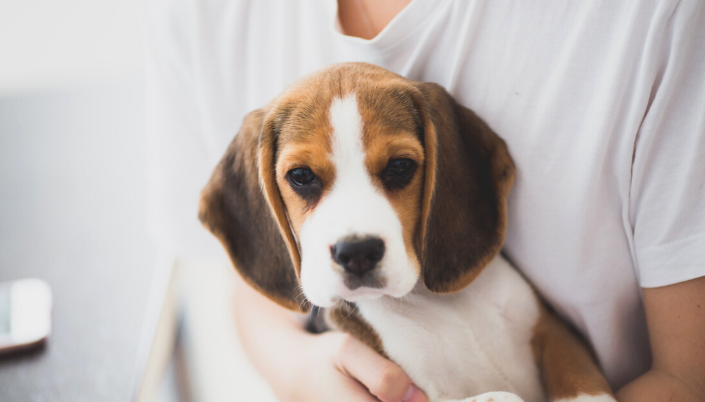
As an EU national, you can freely travel with your cat, dog or ferret if it has a European pet passport. This passport is available from any authorised veterinarian and must contain details of a valid anti-rabies vaccination.
The EU pet passport is only for dogs, cats and ferrets. If you have other pets, such as rabbits or canaries, you should check relevant national rules on taking animals in/out of the country.
You may carry animals or plants - including cuttings - when you are travelling in EU countries. But most EU countries do have strict rules on transporting endangered species or products derived from them. You may need a permit to travel with some species.
Taking animal products with you
There are no general restrictions on carrying any of these products if you are travelling within the EU, since all EU countries have to respect strict common veterinary standards. The same applies if you are travelling to or from Andorra, Liechtenstein, Norway, San Marino or Switzerland.
Alcohol, tobacco, cash and excise duties
As a private individual, there are no limits on what you can buy and take with you when travelling between EU countries as long as the products purchased are for your own use and not for resale. Taxes (VAT and excise) are included in the price of the product in the country where you bought it, so no further payments are due in any other EU country.
Be aware that each EU country can decide on a maximum amount of tobacco products and alcoholic beverages that you can bring into the country. These maximum amounts must be at least:
- 800 cigarettes
- 400 cigarillos (cigars weighing maximum 3 grams each)
- 200 cigars
- 1 kg of tobacco
- 10 litres of spirits
- 20 litres of fortified wine
- 90 litres of wine (including a maximum of 60 litres of sparkling wines)
- 110 litres of beer
Carrying cash
If you plan to enter or leave the EU with EUR 10 000 euros or more in cash (or the equivalent in other currencies) you must declare it to the customs authorities.
Luggage restrictions (Items not allowed in hand luggage)
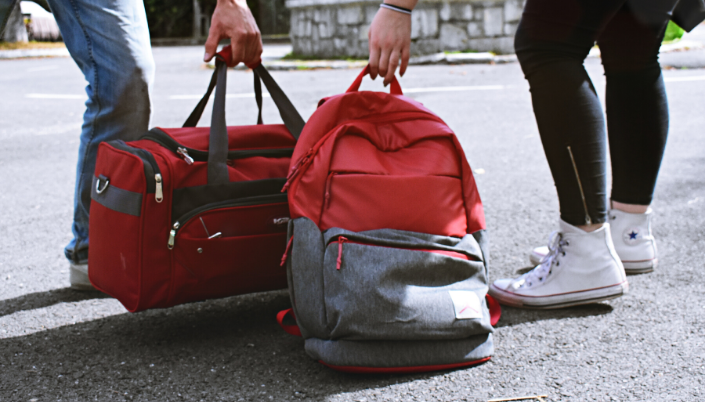
When travelling by plane from an airport in the EU, you should keep in mind certain security requirements when packing and boarding:
- Liquids carried in the aircraft cabin such as aerosols, drinks, toothpaste, cosmetic creams or gels must be carried in a transparent plastic bag - maximum capacity 1 litre - and no container may hold more than 100 ml. Liquid containers larger than 100 ml must be placed in checked baggage. The volume restriction does not apply to medicines and baby food.
- Duty free liquids purchased from any airport or airline may be carried as hand luggage as long as the item and the receipt remain sealed inside the security bag (with a red border) provided at the time of purchase. You may not open the security bag until arrival at your final destination. However, security officers may need to open the bag and the bottles for screening. If this happens, and you have a connecting flight at another airport, tell the security officer so the liquids can be re-sealed in a new security bag.
- Any sharp objects that might be used as weapons are not allowed in the aircraft cabin. These could be everyday objects such as corkscrews knives and scissors of a certain size, which should be packed in your hold luggage.
- Limits on the size of cabin baggage and the number of items you are allowed to take on board are set by the airlines so check with your airline before you travel.
- Explosives and inflammable items - fireworks or aerosol spray paint for example, and other inflammable and toxic substances such as acids - are prohibited on flights. They may not be carried in either cabin or checked baggage.
- No weapons of any kind are allowed on board the aircraft.
Source: Europa.eu
In addition to everything mentioned above, your airline may also have certain restrictions as to what can be taken on-board. If you carry anything unusual or simply want to make sure your check-in will be fast and easy, get to know the luggage limitations of your airline on their website or contact a representative ahead of time or right in the airport.
Don't forget to shop around for travel insurance, and be aware of the latest travel tips from the FCO before you go.
Have you ever been caught out by carrying something you had no idea was prohibited? Tell us in the comments below.
Top Tip: Wherever you are thinking of going, your best bet is to always check your Government travel advice - for UK residents this is FCDO’s travel advice to stay safe and travel aware before you book your destination.
We accept

